Large, demanding market but with plenty of room for Vietnamese agricultural products
With a population of 450.4 million people (2025), a GDP of 19.4 trillion USD (2024), accounting for nearly 18% of the world, and spending on food and beverages of up to 1,100 billion Euros/year, the EU is considered one of the largest and most demanding agricultural, forestry and fishery markets in the world . In 2024, the bloc's agricultural, forestry and fishery imports reached 348 billion USD and are forecast to increase to 363.9 billion USD in 2025. The main import groups include vegetables, seafood, coffee, cashew nuts, wood, pepper... with a value accounting for 30 - 60% of total global imports.
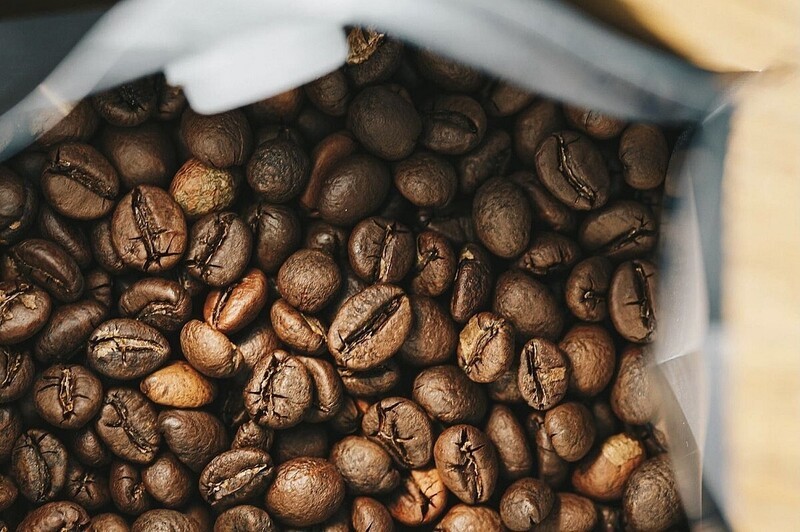
Vietnam is currently one of the important supply partners, with agricultural export turnover to the EU market increasing steadily over the years, from 3.76 billion USD (2019) to 5.44 billion USD (2024).
In the first 7 months of 2025 alone, the figure reached 4.73 billion USD, up 49% over the same period. Key products include coffee, seafood, wood, cashew nuts, fruits and vegetables, with the largest import market being Germany, followed by the Netherlands, Spain, Belgium and Italy. Currently, Vietnam's export turnover only accounts for about 2% of the total value of agricultural imports of the EU, showing that there is still a lot of room for growth.
However, Vietnamese agricultural products still face many difficulties when entering this potential market. Mr. Tran Van Cong, Vietnam's Agricultural Counselor to the EU, informed that Vietnam's terrestrial animal products have not been opened by the EU; the "IUU yellow card" for exploited aquatic products has not been removed; tax policies and increased competition as other countries are shifting their supply to the EU market due to tariff incentives; long geographical distances and high logistics costs reduce the competitiveness of Vietnamese goods in this market. In addition, Vietnam still mainly exports raw or semi-processed products, and processed products with high added value from Vietnam to the EU are still modest.
Meanwhile, the outstanding characteristics of this market are strict requirements on quality, food safety, sustainable development and social responsibility. For products of plant origin, the EU does not require mandatory growing area codes or packaging codes like some other markets, but mainly applies post-inspection methods. However, some products such as dragon fruit, chili, okra are still subject to stricter control measures due to warnings about pesticide residues.
For seafood products, the EU has fully opened its doors but requires very high requirements on traceability, food safety certification and legal exploitation. The EU is also preparing to implement the EU Deforestation Regulation (EUDR), which will take effect from December 31, 2025. Vietnam is one of the few countries classified in the low-risk group, but businesses still need to proactively prepare to meet this regulation.
Businesses restructure towards sustainability to conquer the EU
After 5 years of implementing EVFTA, the EU has eliminated import taxes on nearly 100% of tax lines, creating great advantages for Vietnamese agriculture, forestry and fishery products. Compared to competitors from South America, Asia or Africa who are subject to MFN (preferential import tax) or GSP (Generalized System of Preferences) tax of 4% or more, Vietnamese goods have a clear competitive advantage in this market.
The EU is a demanding but potential market. If we make good use of trade agreements such as EVFTA, combined with improving quality and production capacity, Vietnam’s agricultural exports to the EU can make strong progress in the near future.
Mr. Tran Van Cong analyzed that, with the fruit and vegetable industry, Vietnam's processed products only account for about 20% of the export structure to the EU, while the import tax on processed goods is currently at 0% along with the great advantage of tropical and seasonal fruits and vegetables. Processed coffee, especially instant coffee, accounts for 18% of the EU's import market share. In addition, while Vietnam's roasted and ground coffee enjoys a 0% tax, many competitors have to pay a tax rate of 7.5% - 11.5%, creating a clear competitive advantage.
Regarding seafood products, there are currently about 600 Vietnamese enterprises granted export codes to the EU. Notable are value-added product lines such as organic shrimp, ASC-certified shrimp, and high-end black tiger shrimp. The EU has increased its demand for legal, certified wood. Compliance with EUDR, FLEGT, and the trend of investing in certified plantation forests opens up great opportunities for flooring products, with demand forecast to reach 55.8 billion USD next year;…
To increase market share in the EU market, Mr. Tran Van Cong recommended that businesses, associations, ministries and sectors continue to promote the export of advantageous product groups such as processed fruits and vegetables, processed coffee, black tiger shrimp, internationally certified organic shrimp, wooden flooring and natural rubber.
At the same time, it is recommended that the Ministry of Agriculture and Environment promptly complete the dossier to submit to the EU for assessment of opening the market for terrestrial animal products; update EUDR regulations and guide businesses and localities to prepare; speed up the progress of working with the EC to soon remove the IUU yellow card; build safe farming areas, improve product quality, develop brands and promote agricultural trade in the EU.
Regarding the EU market, Deputy Minister of Agriculture and Environment Tran Thanh Nam said that the Ministry will continue to focus on handling the issue of applying the IUU yellow card to Vietnamese seafood; strengthening inspection measures, handling and removing some items that are on the list of increased inspection frequency of the EU (dragon fruit, okra, chili, durian). At the same time, developing raw material areas that meet export standards to the EU and strengthening and expanding organic production that meets export standards to the EU market.
From a business perspective, to adapt, many businesses have proactively restructured towards sustainability. The EU is Vietnam's largest coffee export market. In the first 6 months of this year, Dak Lak 2-9 Import-Export Company Limited (Simexco Dak Lak) recorded a record revenue of 550 million USD, despite no increase in output, thanks to focusing on deeply processed coffee and developing products with sustainability certification. Mr. Le Duc Huy, Chairman of the Board of Directors of Simexco Dak Lak, said that the company has built a digital map, traced the origin to each farmer and focused on improving the quality of Robusta coffee to meet the new tastes of the EU market.
In the long-term vision, Vietnam Coffee Corporation aims to build specialized raw material areas, apply technology, develop logistics services and participate more deeply in the global value chain. Mr. Dang Hong Tuan, Vietnam Coffee Corporation said that the enterprise aims to become a green, sustainable agricultural corporation, internationally competitive and leading in the application of science, technology and innovation by 2035.
By promoting sustainable certification, building national brands, developing deeply processed products and enhancing trade promotion, Vietnamese agricultural products not only maintain their position as leading suppliers but also increase their value and position in one of the most demanding but potential markets in the world.
Each year, the EU spends nearly 102 billion USD importing fruits and vegetables; 26.33 billion USD importing coffee; 3.53 billion USD cashew nuts; 353 million USD pepper; 60 billion USD seafood; 59 billion USD wood and wood products; 60 billion USD rubber and rubber products; 40 billion USD rattan and bamboo products, OCOP; 1.7 - 2 million tons of rice are imported.
Source: https://baolaocai.vn/giai-phap-nao-lap-khoang-trong-thi-phan-nong-san-viet-tai-thi-truong-eu-post879777.html


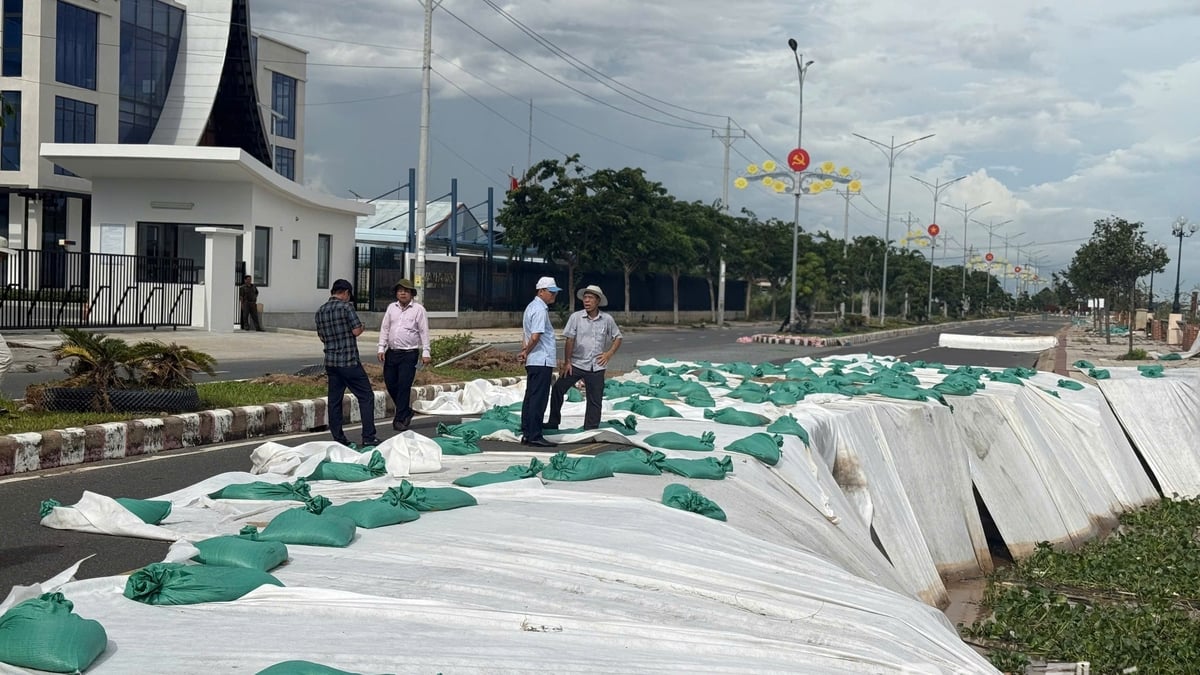


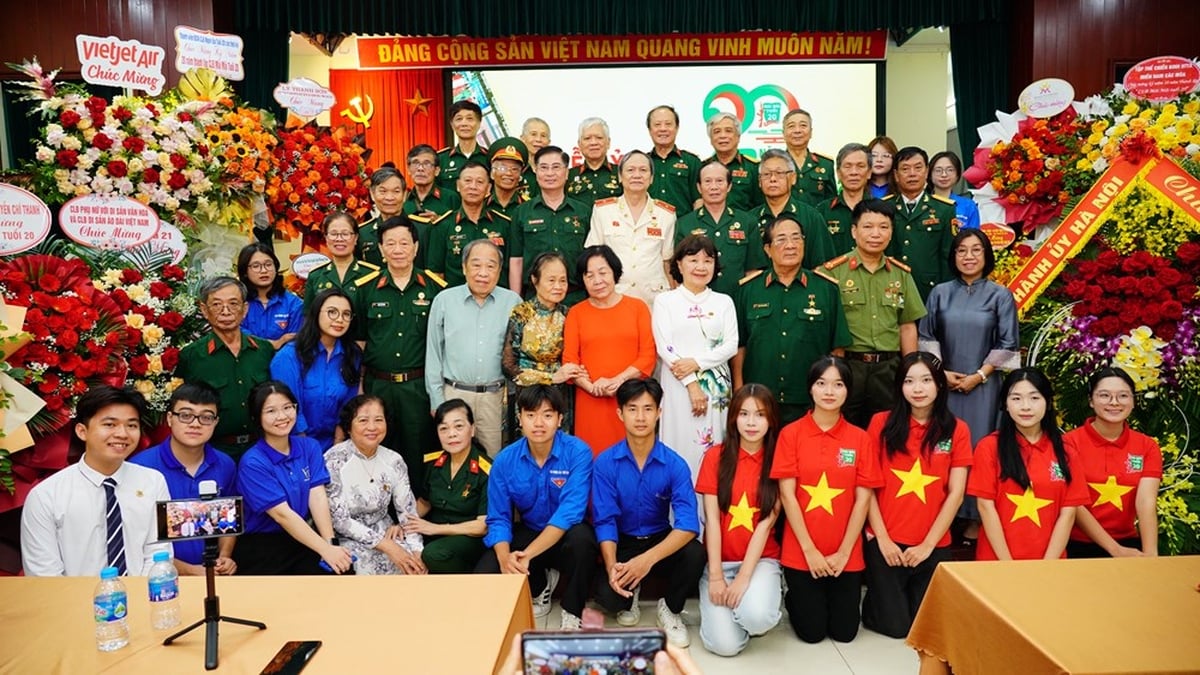



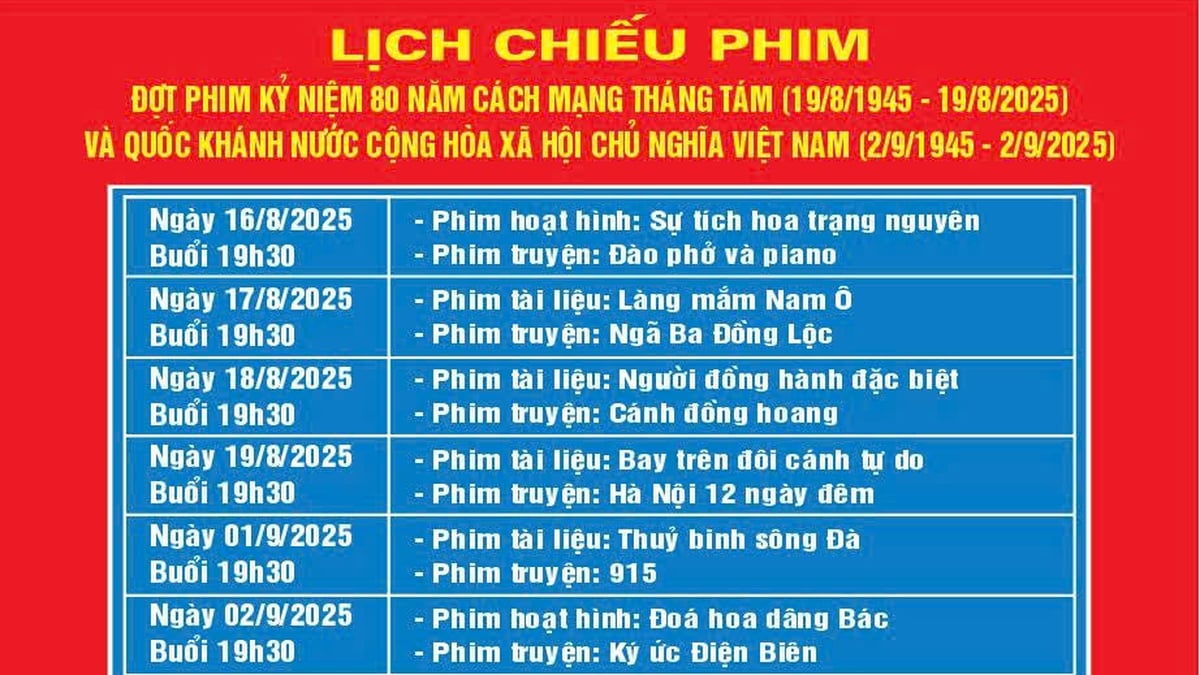













![[Photo] General Secretary attends the inauguration ceremony of the Ministry of Public Security Headquarters](https://vphoto.vietnam.vn/thumb/1200x675/vietnam/resource/IMAGE/2025/8/16/3ceec3a24ef945c18ae2b523563b749d)

![[Photo] National Assembly Chairman Tran Thanh Man attends the program "Returning to the source - Towards the future"](https://vphoto.vietnam.vn/thumb/1200x675/vietnam/resource/IMAGE/2025/8/16/d081d9c162ee4ed9919e723aa322a53a)





![[Photo] “Moving forward with Vietnam” on the most romantic road in Vietnam](https://vphoto.vietnam.vn/thumb/1200x675/vietnam/resource/IMAGE/2025/8/16/0ee500bc59fd4468863261ee26f47fe7)


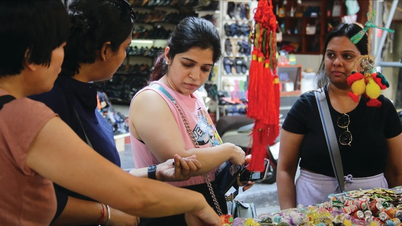







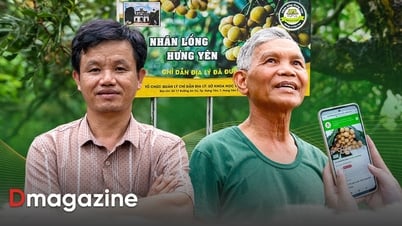






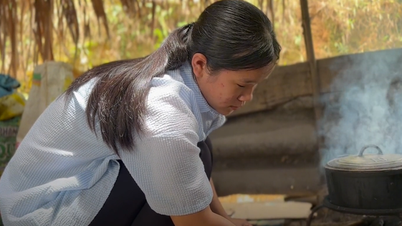



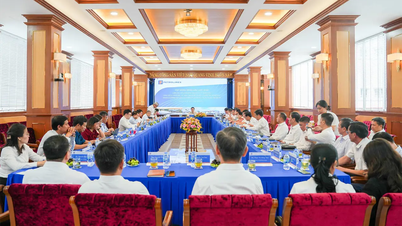

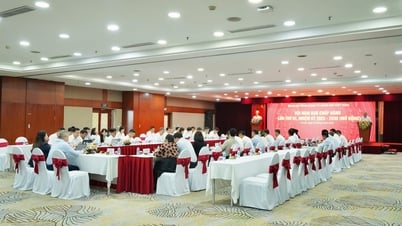


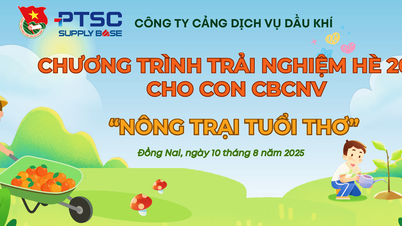











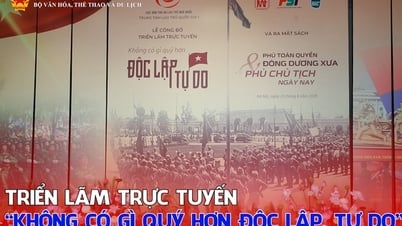
























Comment (0)